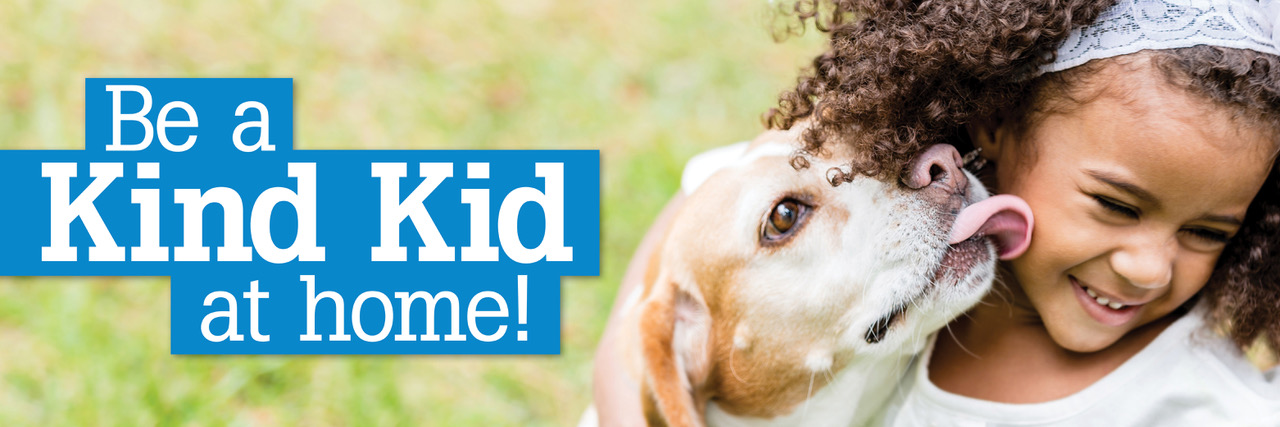
Kind Kids think of ways to help homeless pets before thinking of themselves.
Watch this video to see what kids have done for our furry friends and get inspiration for your own projects!


Watch this video to see what kids have done for our furry friends and get inspiration for your own projects!
